January 1, 2019 was a really big, red-letter kind of day for writers, composers, musicians, filmmakers and artists and creators of all kinds. Why? Because that’s the date on which works protected under the federal copyright laws prior to 1978 and published prior to January 1, 1923 enter the public domain.
When a work enters the public domain, it can be copied, performed or adapted by anyone, without the need to negotiate with or pay fees to the copyright holder, or his or her estate. A photograph in the public domain can be used by anyone, for any purpose. A play in the public domain will be more widely performed, in schools and community theaters. Films can be displayed or streamed or edited without charge, and works of art can be incorporated into other, different works. More books will be digitized and made widely and inexpensively available to anyone who can read and has access to a computer or smart phone. Print copies of public domain books will be less expensive without the need to pay royalties to writers or publishers.
The lengthening of the term of copyright under federal laws enacted after 1909 was driven mostly by large and powerful publishers of books, music and films, chief among them the Walt Disney Company. The Copyright Act of 1976, which added 20 years to the renewal term of a work copyrighted before 1978 was often, and not kindly, referred to as the “Mickey Mouse Protection Act”. By extending the length of the renewal term, the act kept Mickey out of the public domain for another 20 years.
Copyright protection motivates and compensates creative individuals who may take years to create or perfect a work of beauty and cultural significance. Article 8 of the U.S. Constitution includes as a fundamental right “the exclusive Right” of “Authors and Inventors” to the use of their creations for limited times. That copyright protection should be for “limited times” was an acknowledgement by the founders that releasing works of creativity into the public domain would inspire other creators to make works of cultural and economic value.
Among the works that entered the public domain on January 1, 2019 are films by Cecil B. DeMille, Buster Keaton and Harold Lloyd; books by Winston Churchill, Agatha Christie, D.H. Lawrence and Kahlil Gibran; and music by Jelly Roll Morton and Bela Bartok.
More works will enter the public domain each year, and that’s another thing to celebrate on New Year’s Day.
Check out our blog for more legal insight.


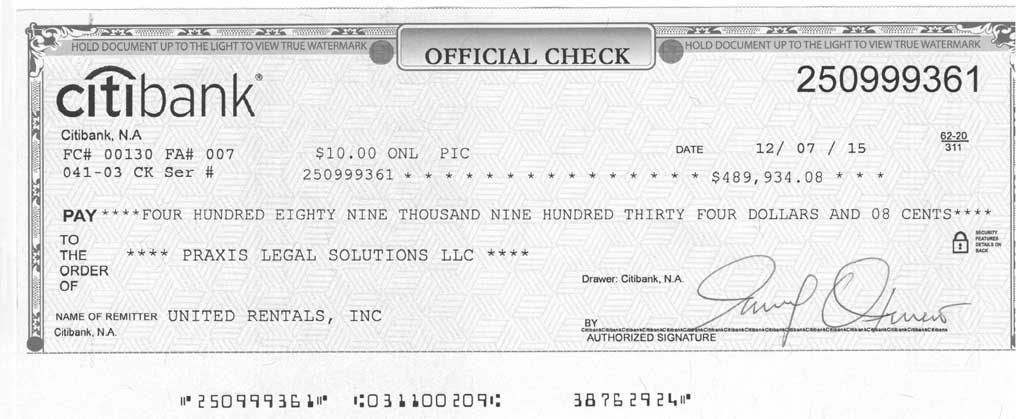

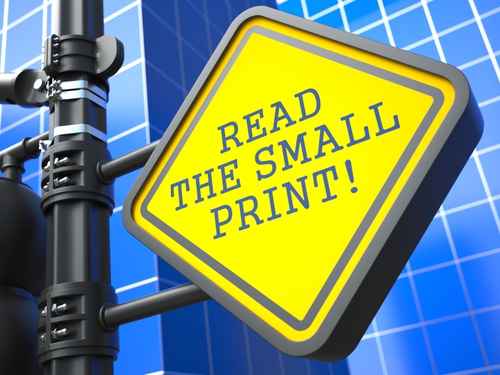

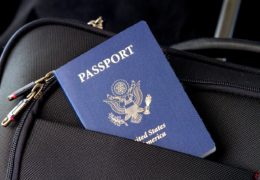
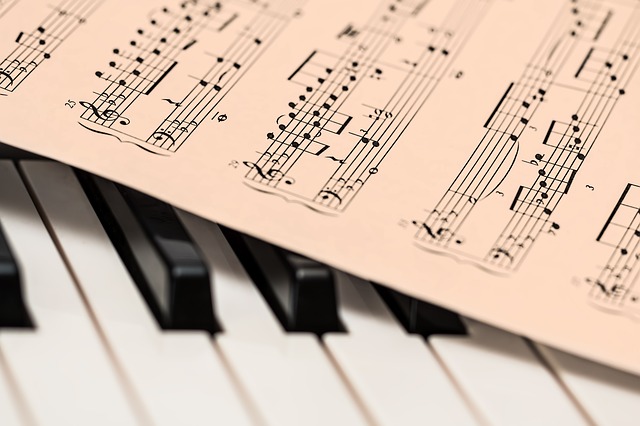 Aretha Franklin and Respect and Money.
Aretha Franklin and Respect and Money. Starting a Business? You Need an Attorney
Starting a Business? You Need an Attorney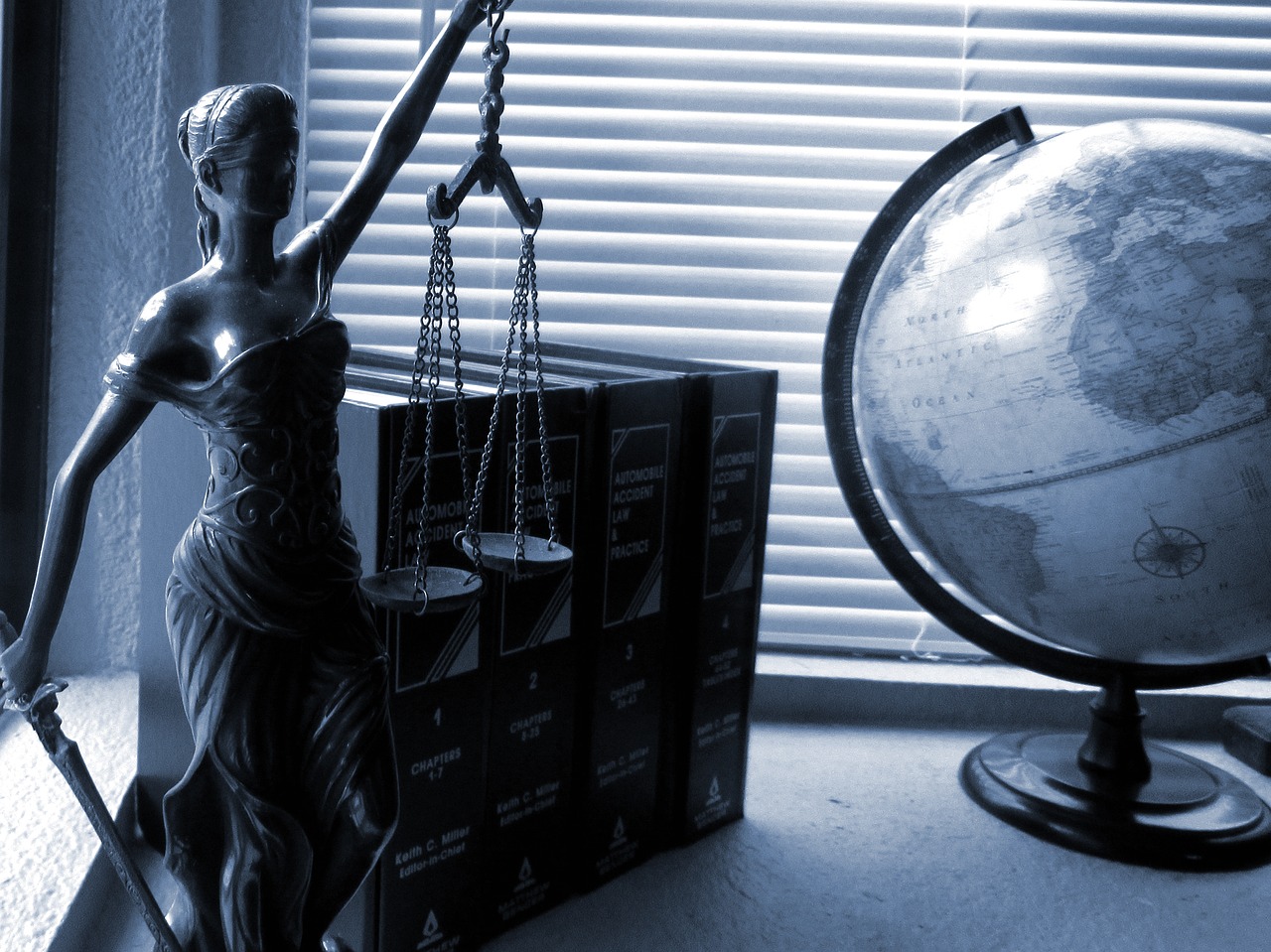 Do You Need a “Business” Attorney
Do You Need a “Business” Attorney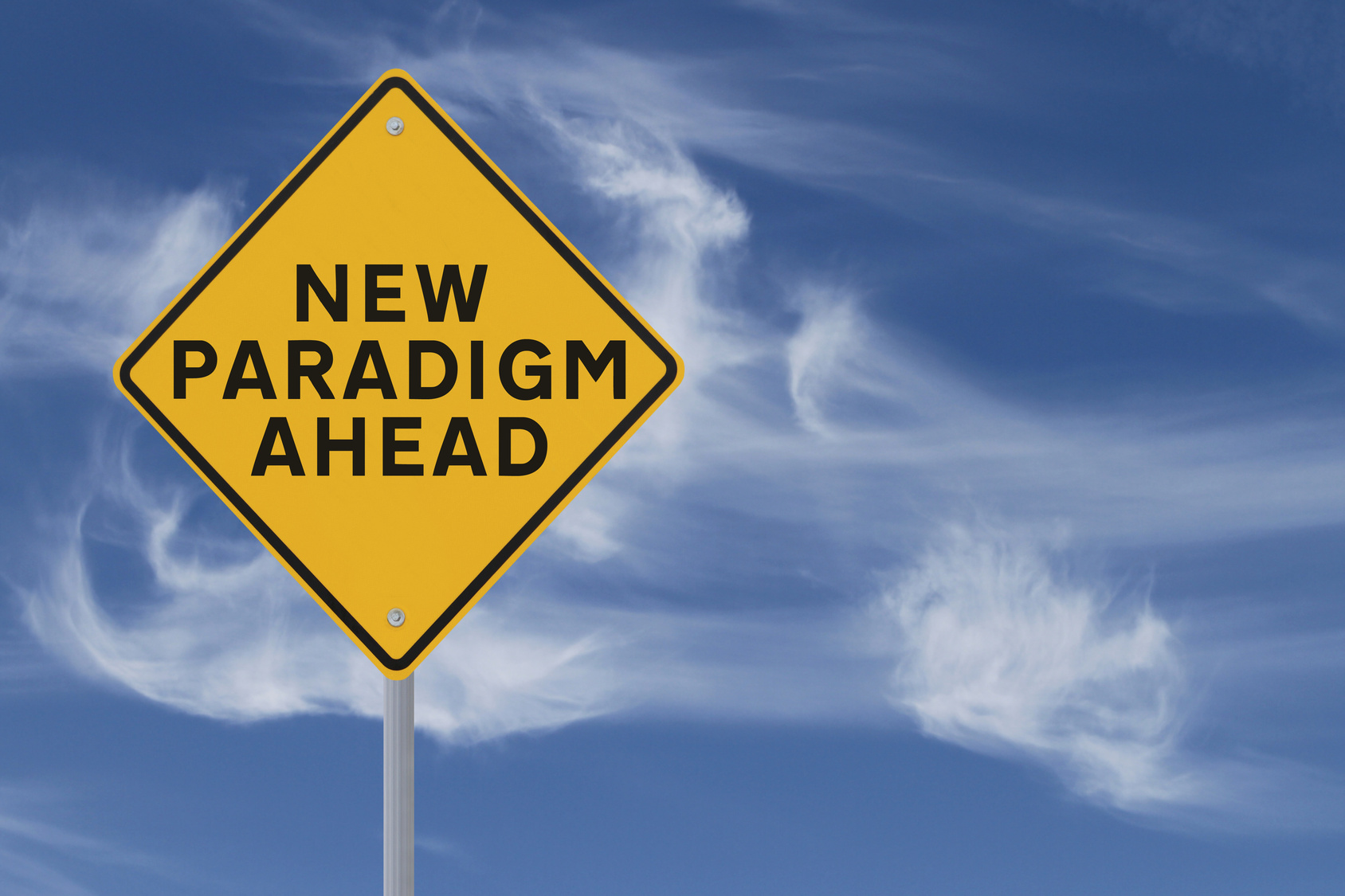 New and Improved
New and Improved Merry Christmas and Happy New Year
Merry Christmas and Happy New Year
Leave a Reply